
Doctors reveal the no.1 supplement to reduce dementia risk
Doctors Reveal the #1 Supplement to Reduce Dementia Risk

Could the key to protecting your brain be sitting right in your kitchen or medicine cabinet? With dementia rates on the rise in America—currently affecting about 500,000 new adults each year and expected to increase to 1 million by 2060—more people than ever are looking for ways to preserve their mental sharpness (Alzheimer's Association, 2023). Although there is no definitive cure for dementia yet, preventive measures are crucial. While most people are aware of the importance of a healthy diet and regular exercise, emerging research suggests that magnesium intake could play a vital role in maintaining brain health and reducing dementia risk. In this article, we’ll delve into the potential benefits of magnesium, explaining how it may help keep your mind young and why it's essential to get the right amount of this mineral.
Key Takeaways:
-
Magnesium intake above 550 mg daily is associated with a younger brain age and a lower risk of dementia.
-
Magnesium helps fight inflammation, supports heart health, and prevents brain shrinkage—all crucial for cognitive function.
-
Food sources like seeds, nuts, beans, and leafy greens are the best ways to boost magnesium levels safely.
-
Both magnesium deficiency and excess intake may increase dementia risk—balance is key.
-
Always talk with your doctor before starting supplements, particularly if you have other medical conditions or are on medication.
1. Dementia Is Becoming More Common—Here’s What That Means for You
By 2060, nearly 1 million Americans will be diagnosed with dementia annually, making prevention more important than ever (Alzheimer's Association, 2023). With no known cure for the condition, focusing on preventative strategies is essential. Research has shown that a combination of a healthy diet, regular physical activity, and limiting harmful medications can help manage dementia risk. Recent studies also suggest that magnesium intake could play a pivotal role in reducing this risk.
2. High Magnesium Intake Linked to Younger Brains
A groundbreaking study from the Brain Lab at The Australian National University (ANU) found that individuals who consumed more than 550 mg of magnesium per day had brain ages that were approximately one year younger than those who only consumed 350 mg. The study concluded that increasing magnesium intake by 41% could slow down age-related brain shrinkage, which is linked to better memory and a reduced risk of dementia. This study supports a growing body of evidence suggesting that magnesium is crucial for maintaining cognitive function as we age (European Journal of Nutrition, 2023).
3. Scientific Evidence Backs Up Magnesium’s Neuroprotective Effects
Dr. Dale Bredesen, a renowned neuroscientist and author, confirmed that the ANU study aligns with previous research highlighting magnesium’s role in preventing brain atrophy. Magnesium-L-threonate, a specific form of magnesium, has been shown to protect brain health through the gut-brain axis and is currently being studied for its potential to treat Alzheimer's disease (Neural Regeneration Research, 2023). The evidence is clear: magnesium is more than just a vital mineral—it’s a protector of the brain.
4. How Does Magnesium Help Your Brain?
What makes magnesium so effective? Experts explain that magnesium helps the brain in several key ways:
-
Anti-inflammatory properties: Magnesium helps reduce chronic inflammation, which is associated with age-related diseases, including dementia.
-
Cellular messaging: Magnesium is essential for nerve communication, which is crucial for brain function.
-
Regulates cardiovascular health: Since heart health is directly linked to cognitive function, magnesium supports healthy blood flow, reducing the risk of dementia.
-
Dr. Kelly Johnson-Arbor, an expert in neurology, notes that magnesium deficiency is common in individuals with chronic illnesses or vitamin D deficiency, leading to inflammation and impaired nerve signaling in the brain—both of which raise the risk of dementia (American Journal of Clinical Nutrition, 2023).
5. Too Much or Too Little—Why You Need the Right Balance
While it might seem like increasing magnesium intake would be an easy fix, both too much and too little magnesium can negatively affect your brain health. A 2017 study found that magnesium deficiencies and excess levels both increased the risk of developing dementia by over 30%. Similarly, a 2022 study revealed that people with high magnesium levels but low calcium levels had a higher risk of dementia. It’s clear that balance is critical. Consuming magnesium within recommended guidelines is essential for maximum benefit (Neurology, 2017).
6. Should You Get Magnesium from Food or Supplements?

Experts generally agree that it’s better to get magnesium from food rather than supplements. As Dr. Bredesen points out, “Nutrients in food are always better absorbed by the body,” providing magnesium in a form that is easier for the body to utilize (The End of Alzheimer’s, 2017). Here are some of the best food sources of magnesium:
-
Pumpkin seeds: 150 mg per ounce
-
Chia seeds: 111 mg per ounce
-
Almonds: 80 mg per ounce
-
Cooked spinach: 78 mg per half cup
-
Swiss chard: 75 mg per half cup
-
Cashews: 72 mg per ounce
-
Black beans: 60 mg per half cup
-
Quinoa: 60 mg per half cup
-
Avocado: 58 mg per fruit
However, supplements can help if you’re unable to meet your needs through food. Dr. Nicole Avena, a neuroscientist and nutrition expert, notes that magnesium citrate is well-absorbed and may also relieve constipation, while magnesium glycinate is beneficial for sleep, anxiety, and inflammation (Cleveland Clinic, 2023).
7. How Much Magnesium Do You Really Need?
According to the National Institutes of Health (NIH), the recommended magnesium intake is:
-
Adult males: 400–420 mg per day
-
Adult females: 310–320 mg per day
These values can vary based on factors such as age, health conditions, pregnancy, and more. It’s essential to consult with a healthcare provider before starting any supplements or making significant dietary changes, especially if you have kidney problems or are pregnant (NIH, 2023).
8. Watch for Signs You Need More (or Less) Magnesium
Magnesium deficiency may not always be obvious, but some warning signs include muscle cramps, fatigue, anxiety, and an irregular heartbeat. On the other hand, taking too much magnesium—especially from supplements—can cause diarrhea, low blood pressure, and heart issues. It's crucial to monitor your intake and aim for balanced dietary choices rather than relying on supplements alone (American Journal of Clinical Nutrition, 2023).
9. More Strategies to Protect Your Brain
While magnesium is a powerful tool for brain protection, it is just one component of a broader strategy to maintain cognitive function. Staying active, eating a nutrient-rich diet, managing stress, and engaging in social activities can all help protect your brain. The earlier you start, the more effective these strategies will be.
Conclusion
Magnesium is a simple yet potent tool that could help protect your brain health for years to come. Emerging evidence strongly suggests that getting adequate magnesium—especially from food—can help delay cognitive decline and reduce dementia risk, thanks to its anti-inflammatory and neuroprotective effects. But balance is crucial, as both deficiency and excess magnesium can have negative consequences. Before making any changes to your diet or supplement routine, consult with your healthcare provider to ensure you're supporting your brain in the best way possible. By focusing on your magnesium intake today, you can help set your brain up for a healthier, sharper tomorrow.
Sources:
-
Alateeq K, et al. (2023). Higher dietary magnesium intake is associated with less brain atrophy and better cognitive function in the UK Biobank cohort. European Journal of Nutrition. Link
-
Wang Y, et al. (2023). Magnesium-L-threonate may reduce the clinical manifestations of Alzheimer’s disease through the microbiota–gut–brain axis in model mice. Neural Regeneration Research. Link
-
Kieboom BC, et al. (2017). Serum magnesium and the risk of prediabetes: a population-based cohort study. Neurology, 89(17), 1821-1827. Link
-
Ma J, et al. (2022). Association between magnesium intake and risk of dementia: a dose-response meta-analysis. Alzheimer’s & Dementia. Link
-
National Institutes of Health (NIH): Magnesium Fact Sheet for Health Professionals. Link
-
Cleveland Clinic. 8 Foods High in Magnesium. Link
-
Bredesen DE. (2017). The End of Alzheime
News in the same category

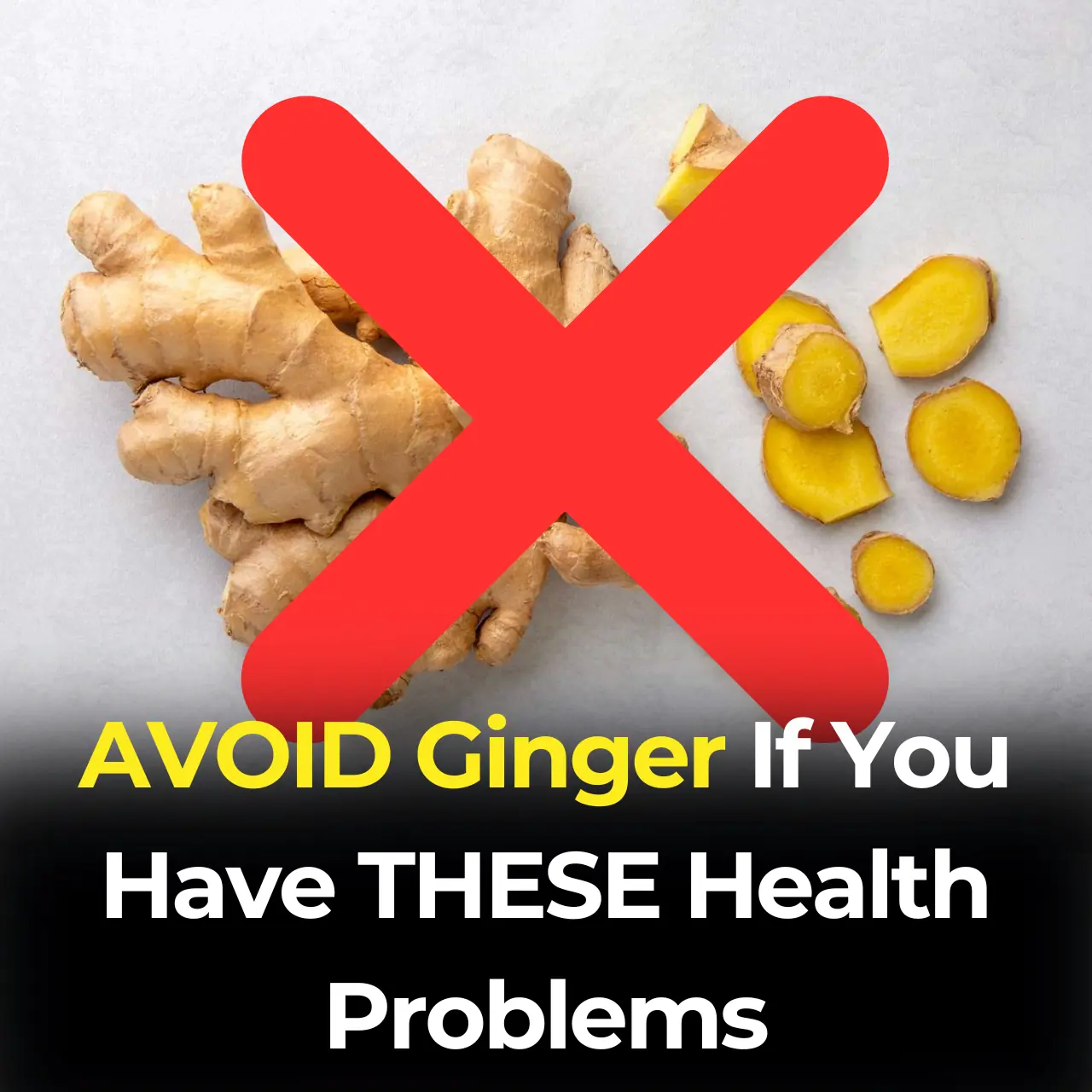
AVOID Ginger If You Have THESE Health Problems
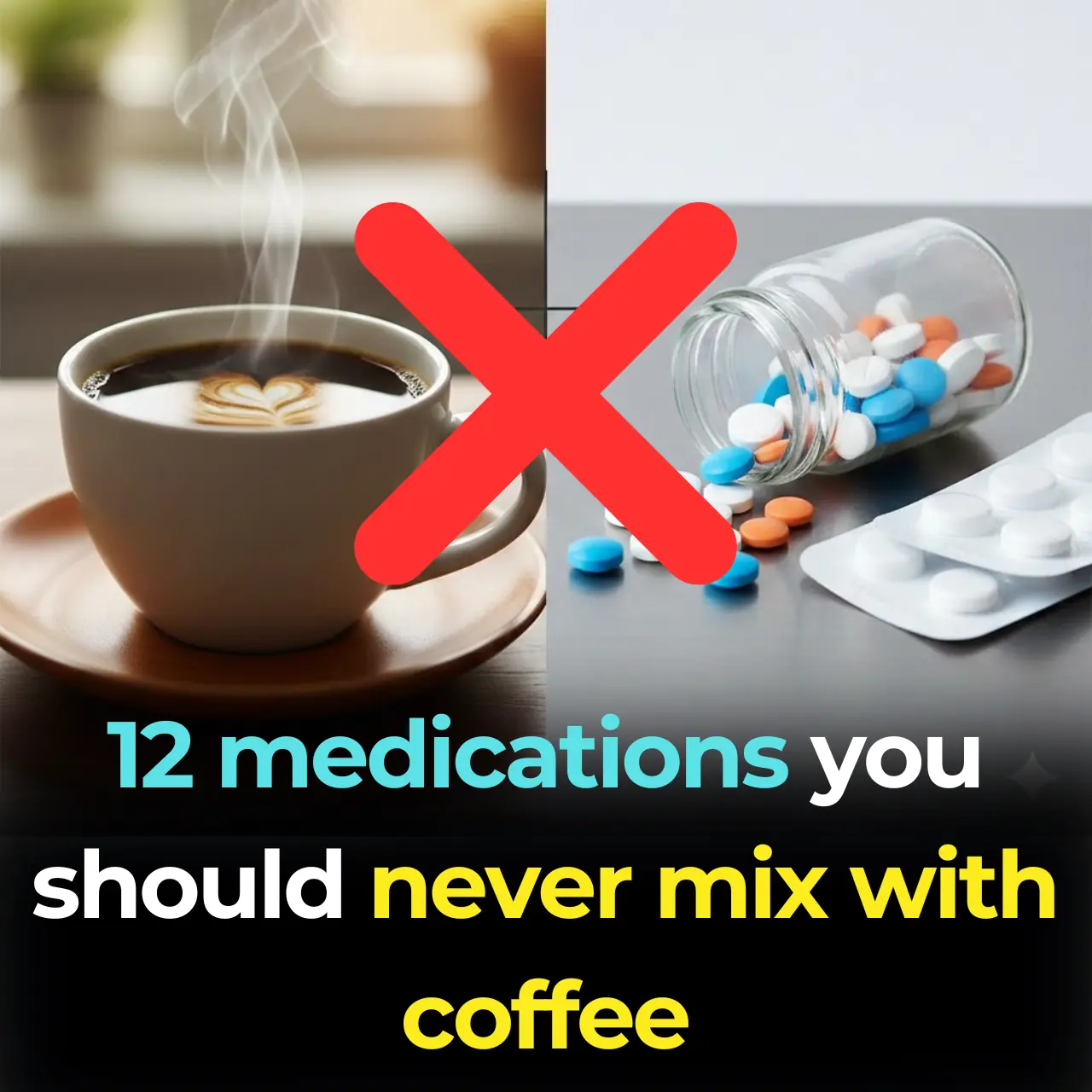
12 medications you should never mix with coffee

Headache Above or Behind the Left Eye: Causes and Treatments

7 best foods to rebuild your muscle strength after 50
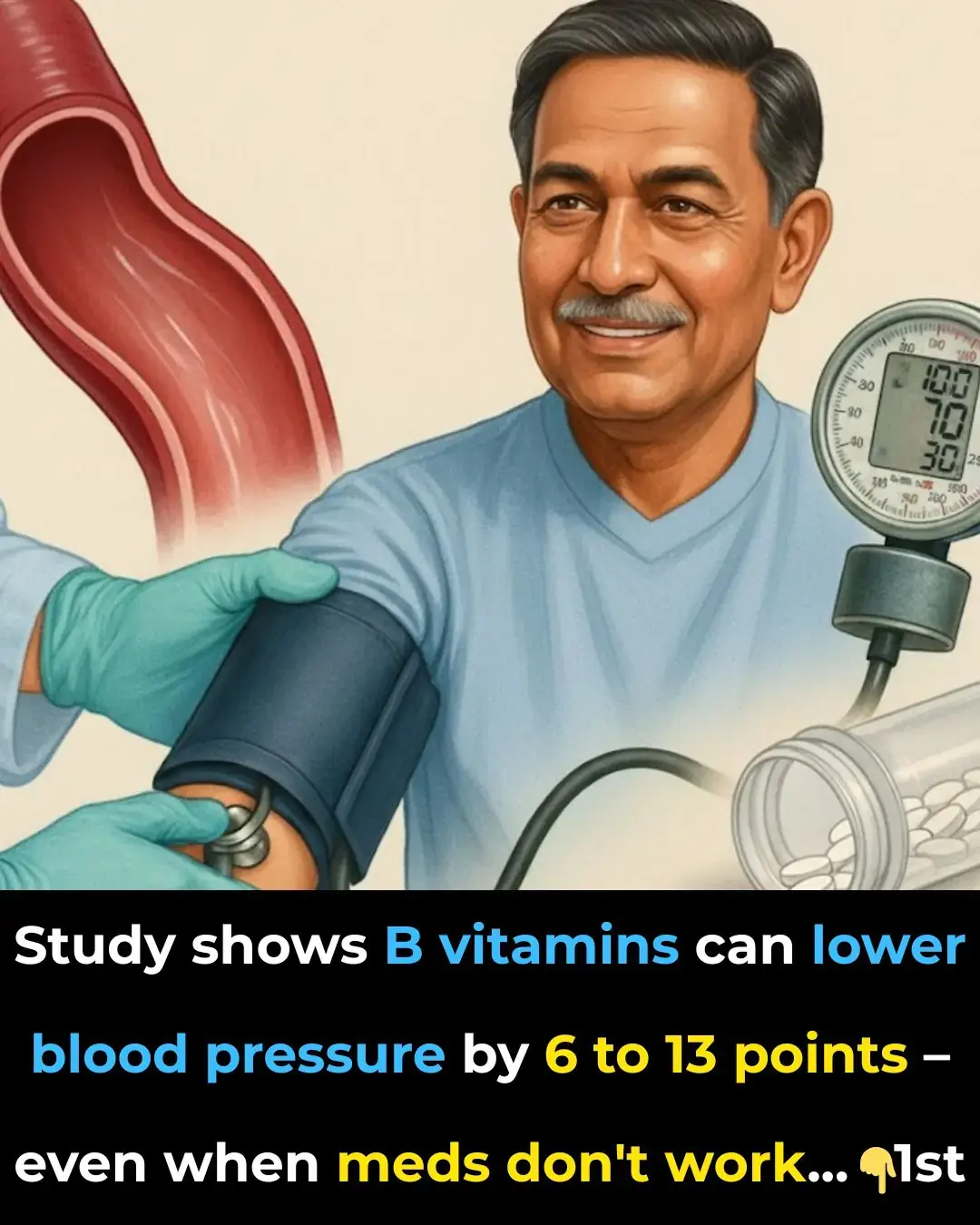
The B vitamin solution: lower blood pressure when medications fail

Take this one shot and watch what happens to your blood pressure

5 Unique Things You Only Experience When Loving an Older Woman

6 Best Remedies To Clear Out Your Arteries
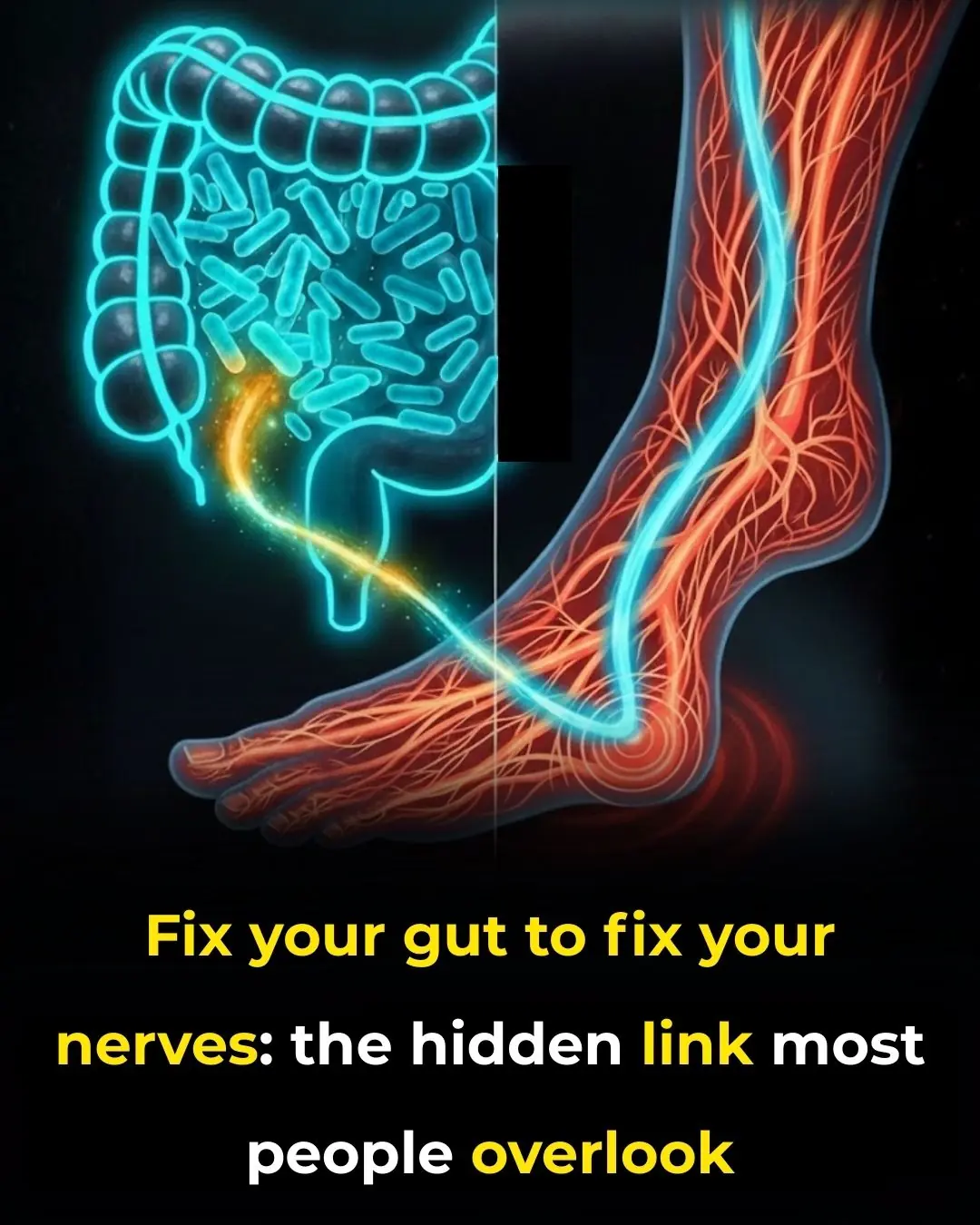
Fix your gut to fix your nerves: the hidden link most people overlook

6 fruits that help your body fight cancer cells naturally

Warning Signs Your Magnesium, Potassium, and Calcium Levels Are OFF and How to FIX It!

Top 5 veggies to detox your arteries & prevent heart attacks!

THIS SEED: AFTER 50, IT STRENGTHENS BONES & CURES ALL PAINS
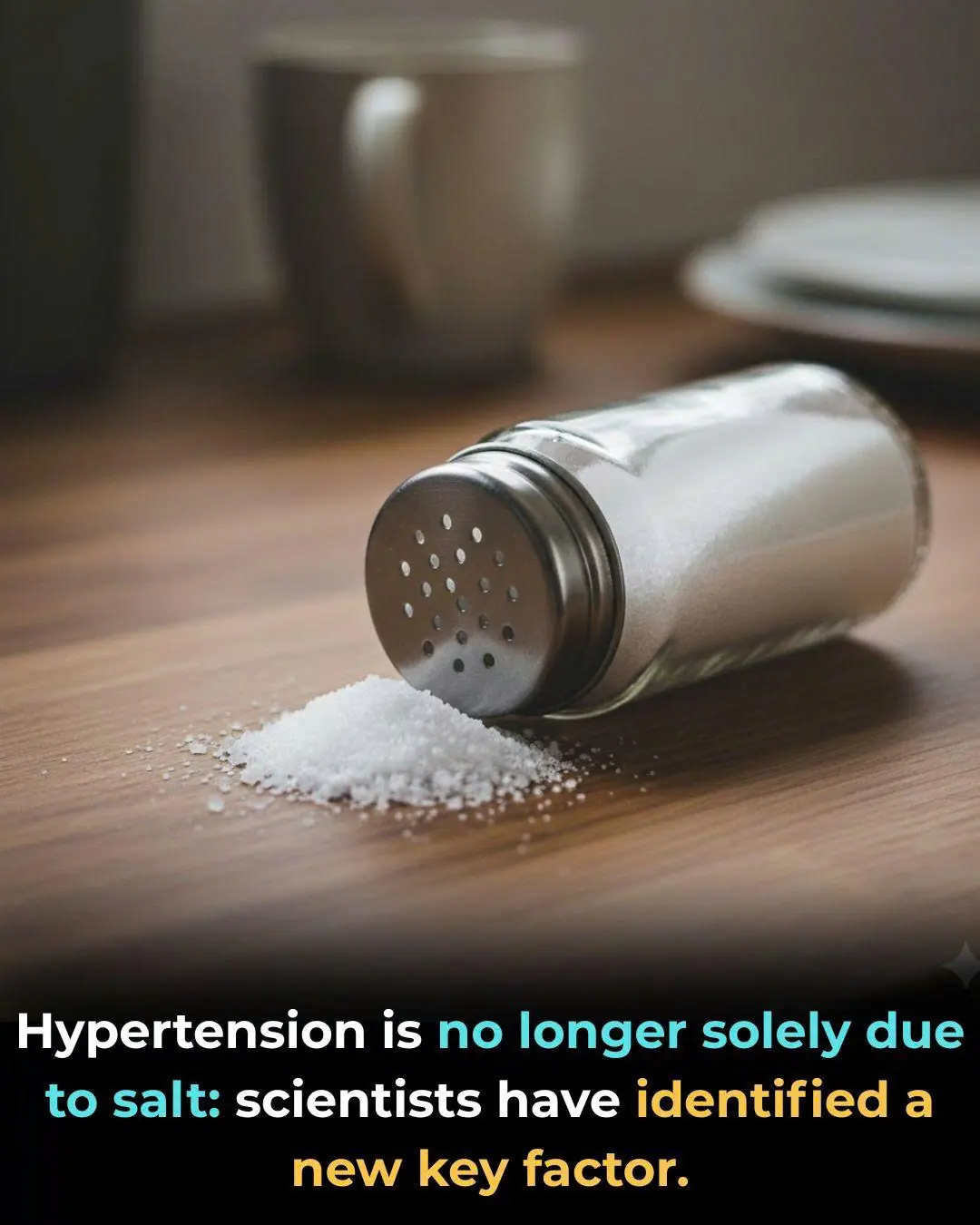
High Blood Pressure Has a New Culprit
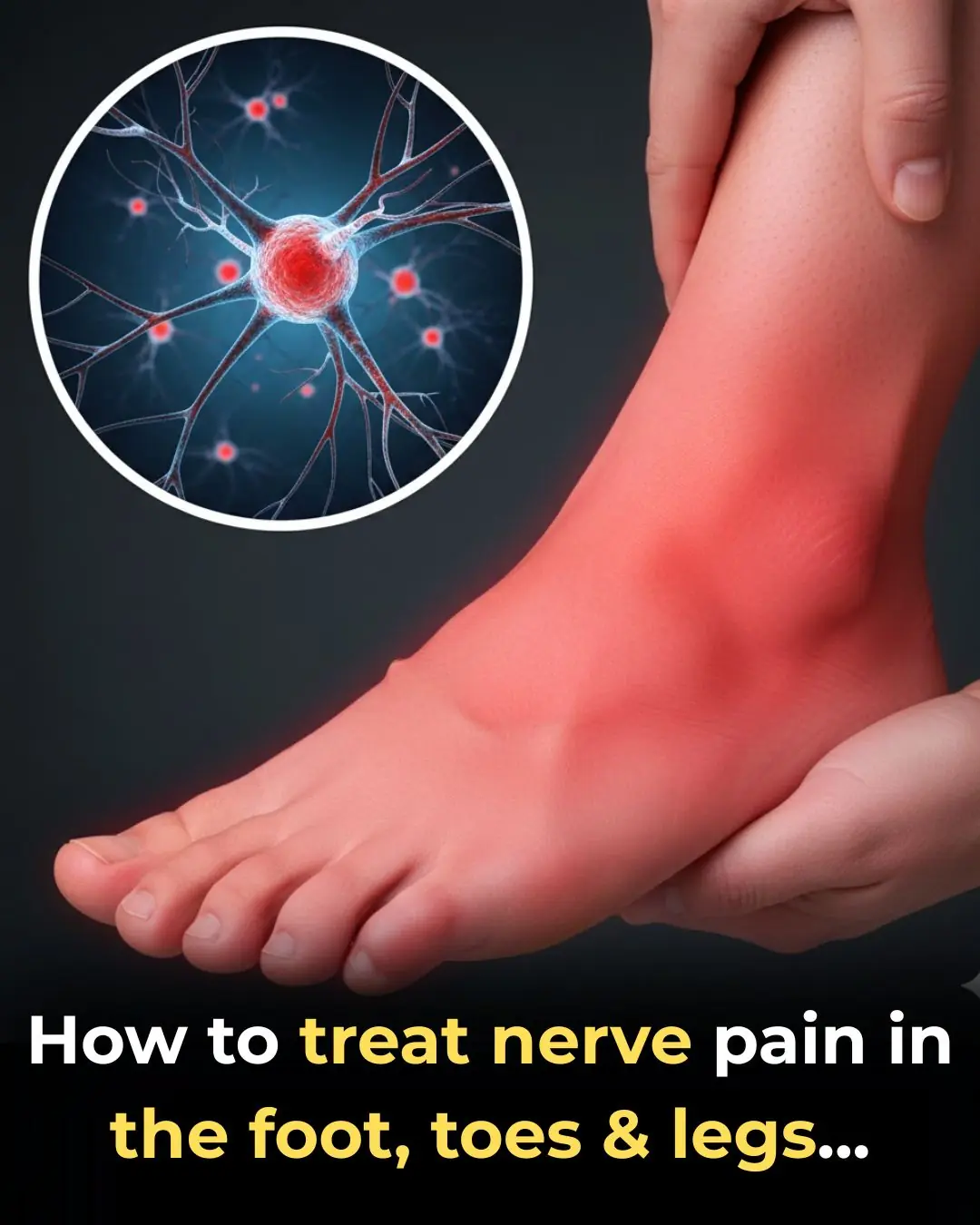
How to treat nerve pain in the foot, toes & legs

Unlocking the Power of Rosemary Tea: A Natural Elixir for Mind, Body, and Soul

Drinking Water the Right Way
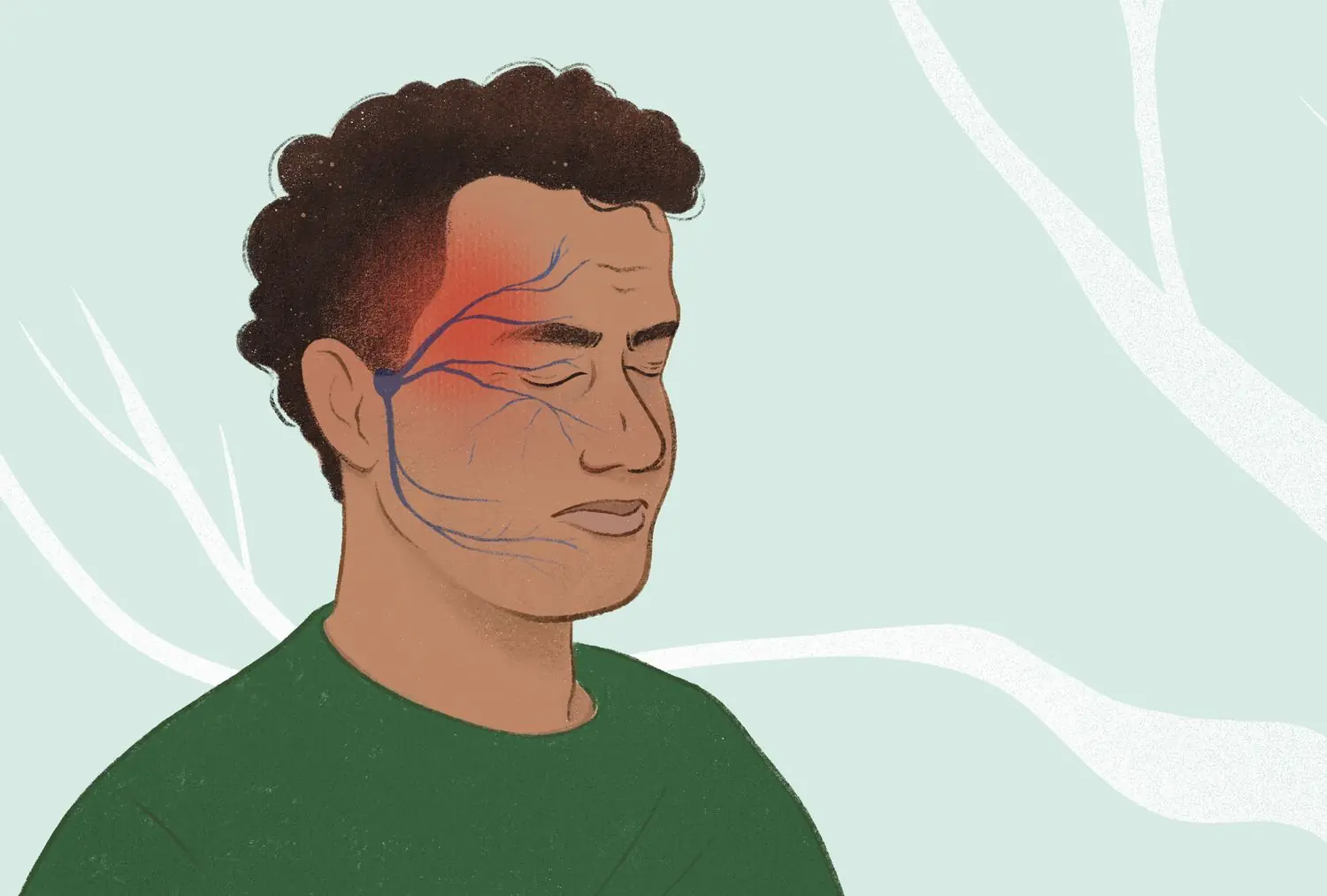
Headache Above or Behind the Left Eye? Here’s What It Could Mean
News Post

You're doing it all wrong. Here’s the right way to clean humidifiers

Nurse Promises Not to Laugh at This Man’s Problem

What Your “Odd Animal Out” Choice Says About You

As he nears 100, Dick Van Dyke, 99, makes a touching confession about his life

Two Golden Elixirs for Energy, Glow & Balance
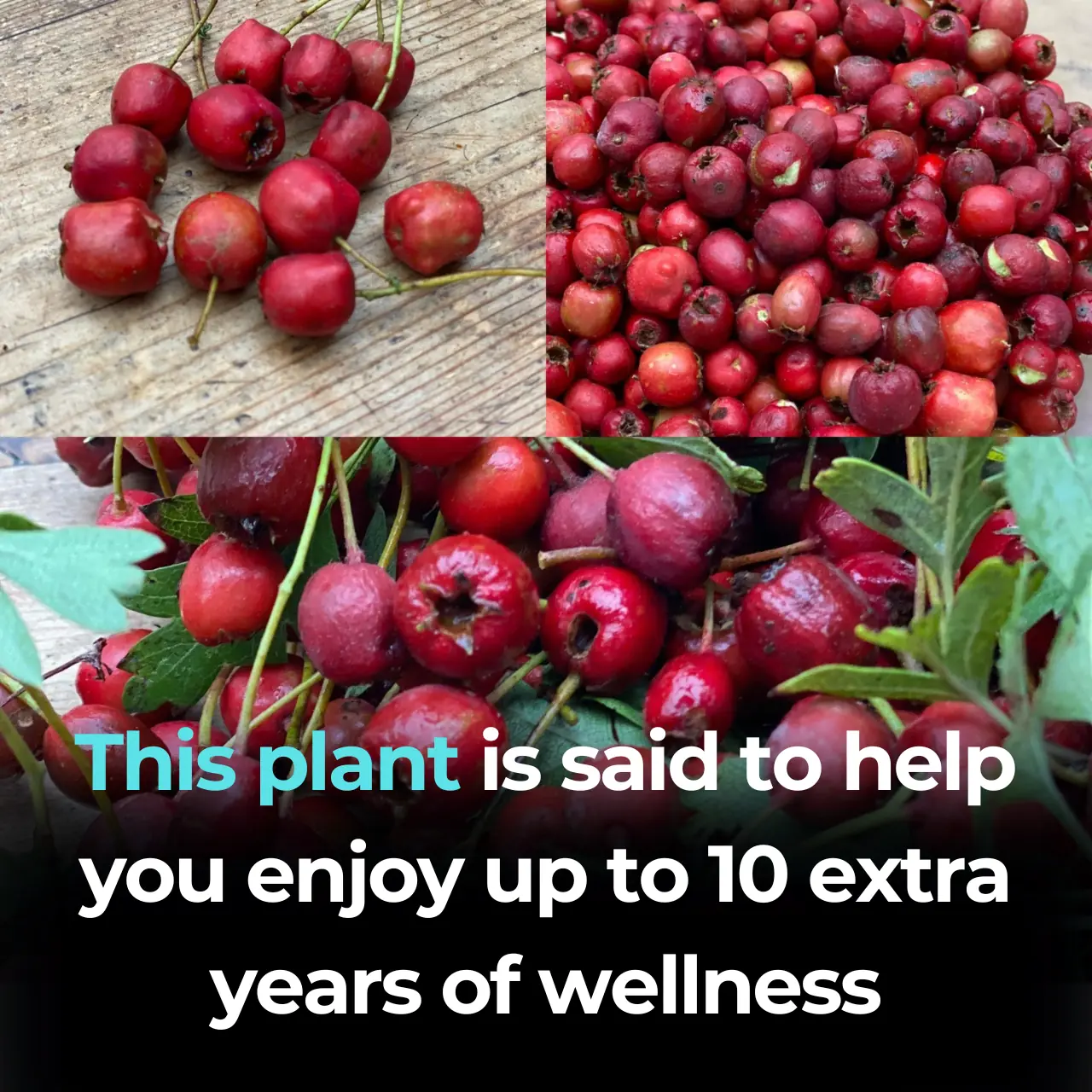
The Power of Hawthorn (Genus Crataegus): A Natural Ally for Heart and Cholesterol Health

The Real Benefits of Mixing Lemon with Activated Charcoal

The Surprising Healing Power of Onion Milk

Increase Breast Size Naturally

Beetroot: 3 Simple Recipes + 10 Powerful Health Benefits

A Small Refrigerator Button Can Save You Hundreds on Your Electric Bill: Most People Don’t Know

AVOID Ginger If You Have THESE Health Problems

Magic Eraser can be used for almost anything, but here's what you didn't know

Why You Shouldn’t Keep Doors Fully Closed When Using Air Conditioning

12 medications you should never mix with coffee
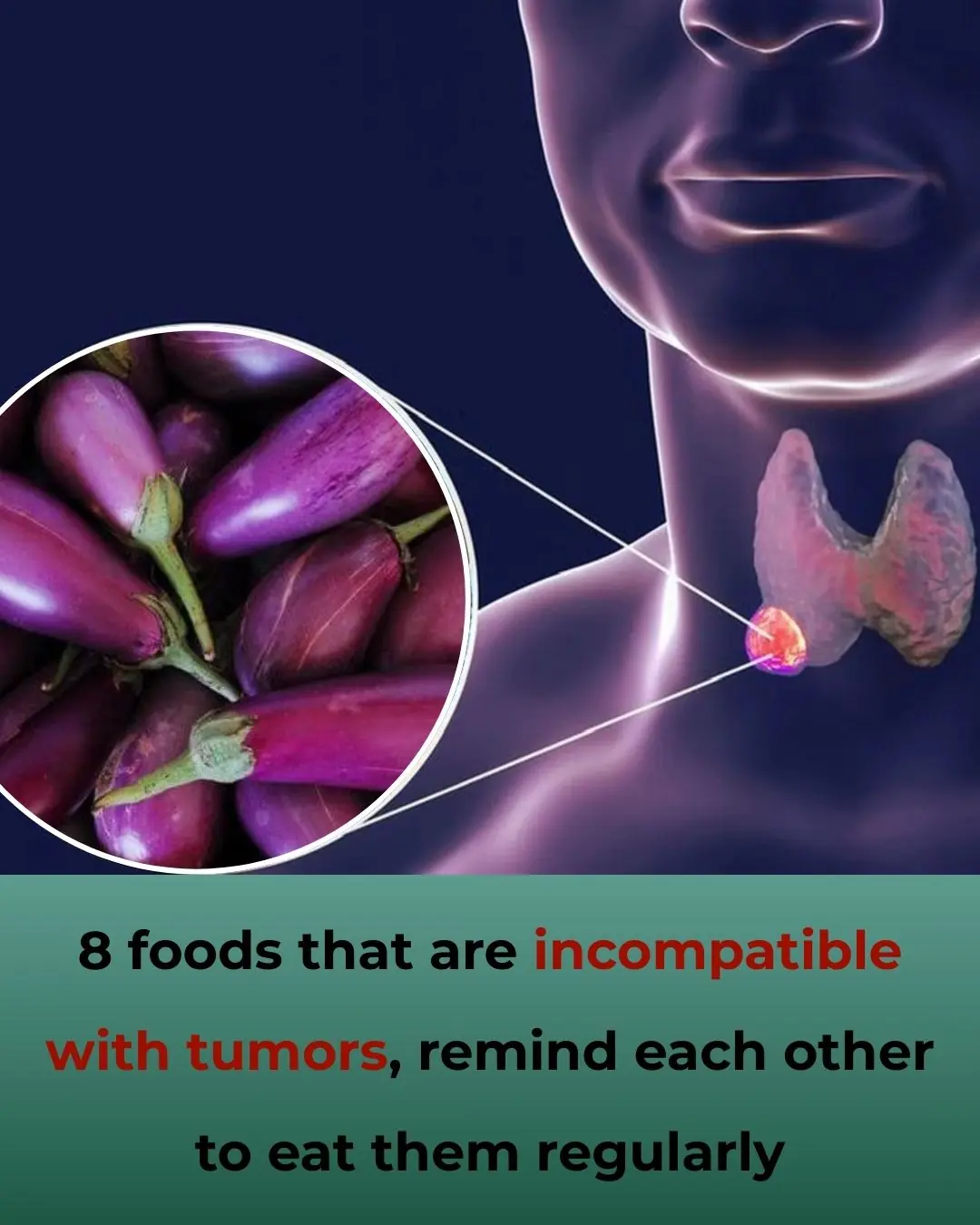
8 Foods That Fight Cancer – Add Them to Your Diet Regularly

What Health Conditions Can Garlic Soaked in Honey Help With?

How to Make Steamed Pear with Rock Sugar — Delicious, Comforting, and Packed with Nutrition

Headache Above or Behind the Left Eye: Causes and Treatments
